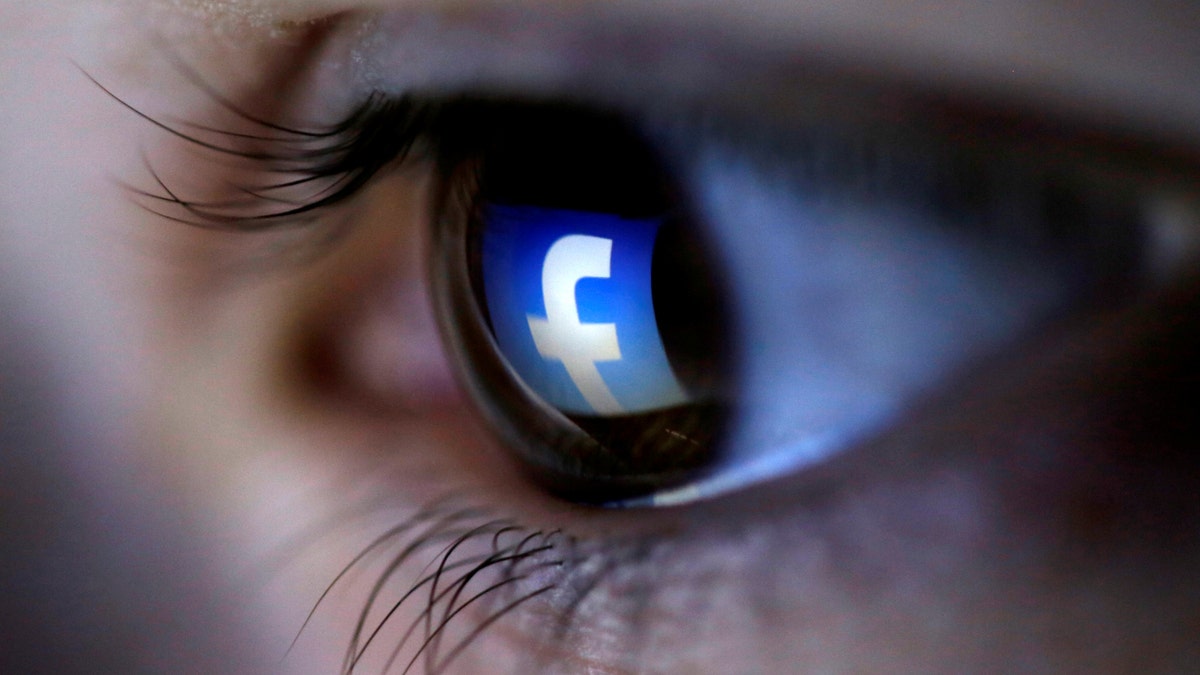
FILE PHOTO: A picture illustration shows a Facebook logo reflected in a person's eye, in Zenica, March 13, 2015. REUTERS/Dado Ruvic/Illustration/File Photo - RC180D53B7F0 (Reuters)
Facebook has been blamed as the most far-reaching distributor of “fake” news, but a major new study reveals that the social media platform may actually be educating the masses overall.
Researchers at New York and Stanford universities started by inviting nearly 3,000 Facebook users to fill-out extensive questionnaires on their daily habits, politics and general mood. They then randomly chose half of these participants to deactivate their accounts for a payment of $102 — the average cost of what participants said it would take to get them to cut off digital access to their social life.
Researchers kept tabs on the test subjects’ profiles to ensure they were not cheating, and about one percent of them couldn’t make it the whole month. They also regularly checked-in with subjects to assess their mood throughout the study.
After four weeks, surveys were provided again to measure emotional and intellectual changes.
Those who managed to abstain from Facebook had at least one hour or more of extra free time and reported marginally better moods, though, notably, not enough to support the theory that heavy social media use makes people miserable. They were also five to 10 percent less polarized on political issues than their control group who remained on Facebook throughout the study.
But when it came to factual knowledge of current events — the Facebook-breakers scored lower than they had prior to deactivation.
“It’s hard to know what to make of this,” says Stanford economist and co-lead study author Dr. Matthew Gentzkow in a statement to the New York Times. “It may be that seeing a lot of news and politics on Facebook tends to polarize people. But once they’re off Facebook, it doesn’t necessarily mean they’re using the extra time to read [the newspaper].”
This story originally appeared in the New York Post.








































